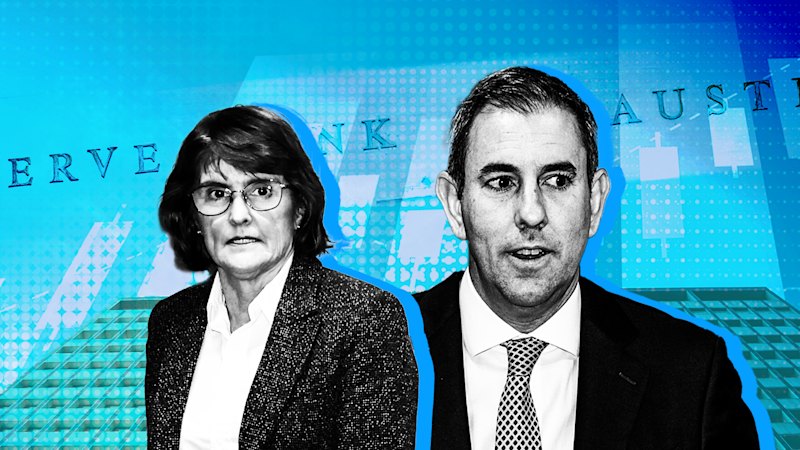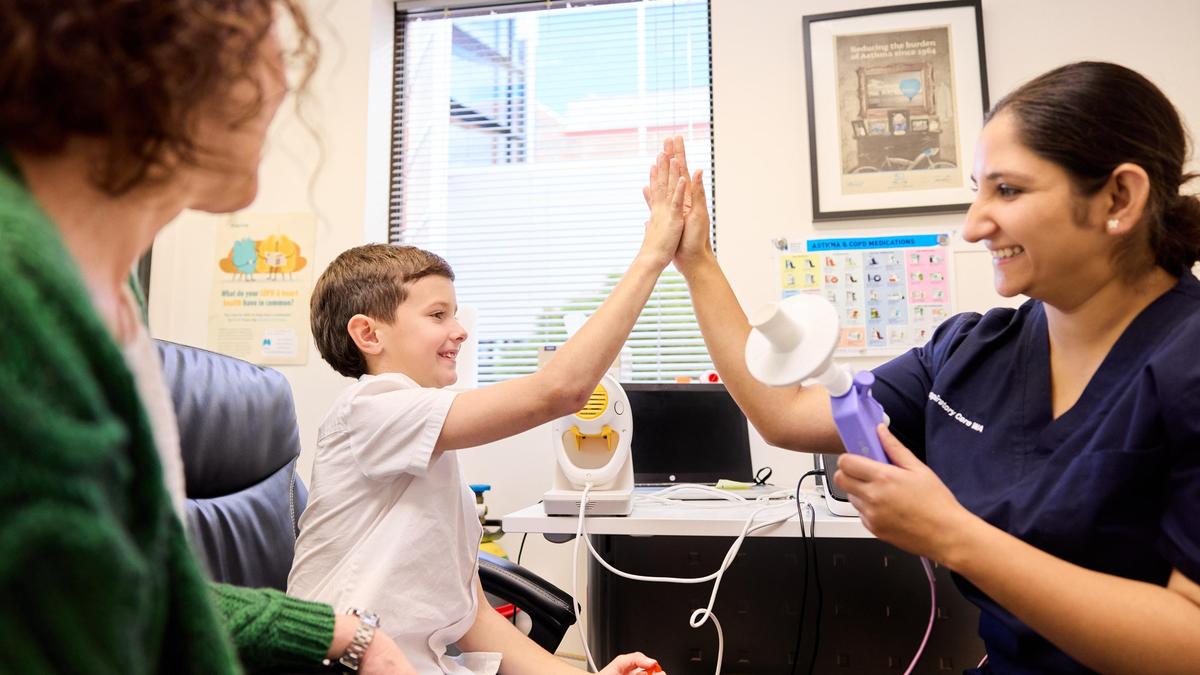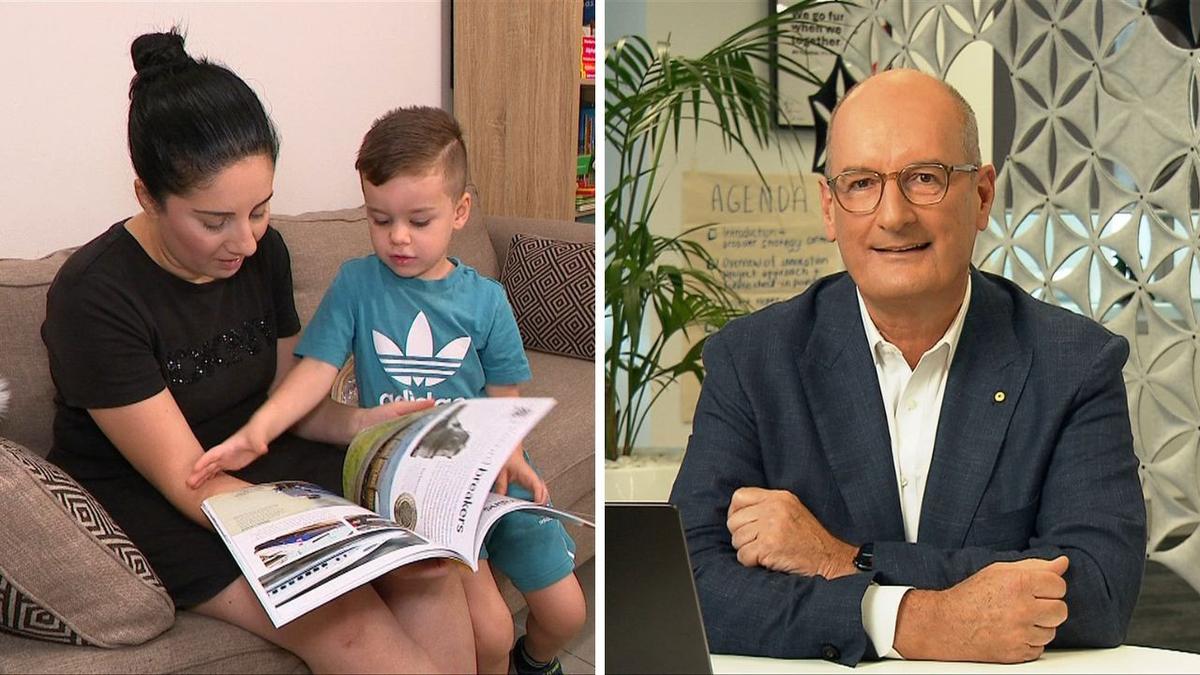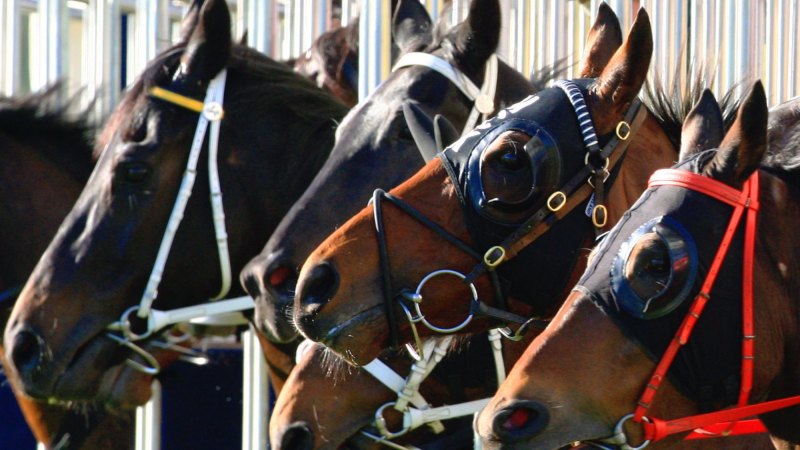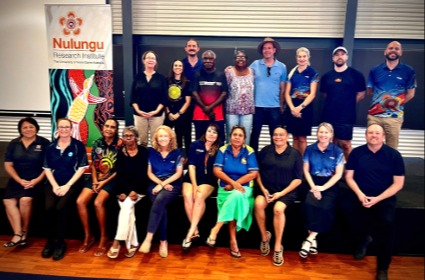
Researchers from the University of Notre Dame are addressing energy poverty in remote Australian communities, a significant issue that affects vulnerable populations during extreme heat. A recent workshop held at the Broome Campus convened researchers, community representatives, and policy experts to explore sustainable solutions for energy affordability in the Kimberley region.
Collaborative Solutions for Energy Affordability
The Kimberley Indigenous Energy Affordability Workshop focused on four main areas: housing energy efficiency, energy costs and tariffs, climate change adaptation, and the integration of technology and appliances. According to Kathryn Thorburn, a researcher involved in the initiative, the gathering was instrumental in fostering collaboration aimed at reforming energy affordability strategies.
“Bringing everyone together in one room was a powerful step forward,” Dr. Thorburn stated. “This kind of genuine collaboration is essential if we are going to drive meaningful change.”
Participants reached a consensus on the importance of co-designing solutions with First Nations individuals who face daily challenges related to energy costs. The workshop highlighted national best practices and the innovative strategies already employed by Indigenous communities to cope with high energy expenses and extreme temperatures.
Identifying Research Needs and Future Steps
Discussions included identifying research gaps and exploring potential partnerships to address these challenges. The two-day workshop occurred against the backdrop of increasing national dialogue regarding climate change and the urgent need for investment in adaptive measures. Dr. Thorburn emphasized the workshop’s aim to pinpoint actionable research areas for the short, medium, and long term.
“We are aiming for maximum impact, but we are also being realistic about aligning strong research with practical pathways to implementation,” Dr. Thorburn noted. “We can ensure the research remains grounded by focusing on where there is genuine interest and readiness to act from State and Federal governments.”
The workshop brought together experts from various institutions, including Dr. Thorburn, Anna Dwyer, and Steve Kinnane from Notre Dame’s Nulungu Research Institute, as well as representatives from the Australian National University, Western Sydney University, and clean energy advocates like Lauren Mellor from Original Power and Ruby Heard from Alinga Energy.
Community members from Ardyaloon, Djarindjin, Wangkatjungka, and Mowanjum participated alongside representatives from Horizon Power, CSIRO’s National Energy Analysis Centre, and the Kimberley Land Council. This diverse representation underscores the collaborative effort necessary to tackle the pressing issue of energy inequality in the region.
Funding for the workshop came from Notre Dame’s Big Ideas scheme, which promotes research innovation and partnerships aligned with the university’s strategic goals. The outcomes of this initiative could pave the way for transformative changes in energy accessibility for communities in the Kimberley.
